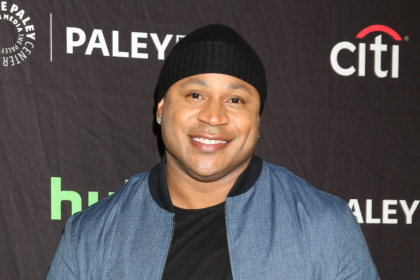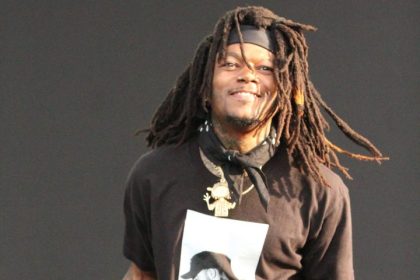
The spiritual and the secular are more connected than we sometimes realize. That’s the history that was shared this week at the Sinners and Saints Festival in Brooklyn. Curated by vocalist, composer and cultural worker Imani Uzuri, the four day festival celebrating Black American vernacular culture (everything from spirituals, blues, early gospel through line singing, praise houses and jazz) and their contemporary counterparts took place at the Jack in Clinton Hill from February 26 through March 1.
“Jazz is a black American artform–regardless of who else is doing it, ” Uzuri explained. “I don’t have ot go to Berklee [College of Music], I don’t have to go to any school to be a jazz singer. I live it. I’m born jazz. There’s a movement to try and take it away from the root. You can expand it all you want, but you can’t cut it off from the root.”
The series closed last night with a powerful and informative panel discussion discussing how black vernacular has been passed down, the supposed “death” of jazz, and the relationship between many musicians in the black community and the traditional church. Featuring stellar musicians including saxophonist Darius Jones, Marika Hughes on cello, pianist Guthrie Ramsey, drummer Marcus Gilmore, and Graham Haynes on trumpet, the night was part socio-political examination and part seance, as the players showcased their gifts for improvisation and revealed just how much spontaneity plays into black American cultural expression.
“I grew up singing spirituals. I grew up singing hymns. a lot of practices that I engaged in as a child, I understand them through practice–theory embodied with practice,” Uzuri shared. “As I got older and started reading about the traditions I function in as a composer, the theme of improvisation has been so important to me as a musician. When I first became a professional musician initially, I didn’t know songforms. I didn’t know what that was. So, for me, improvisation is something that I do automatically.”
















